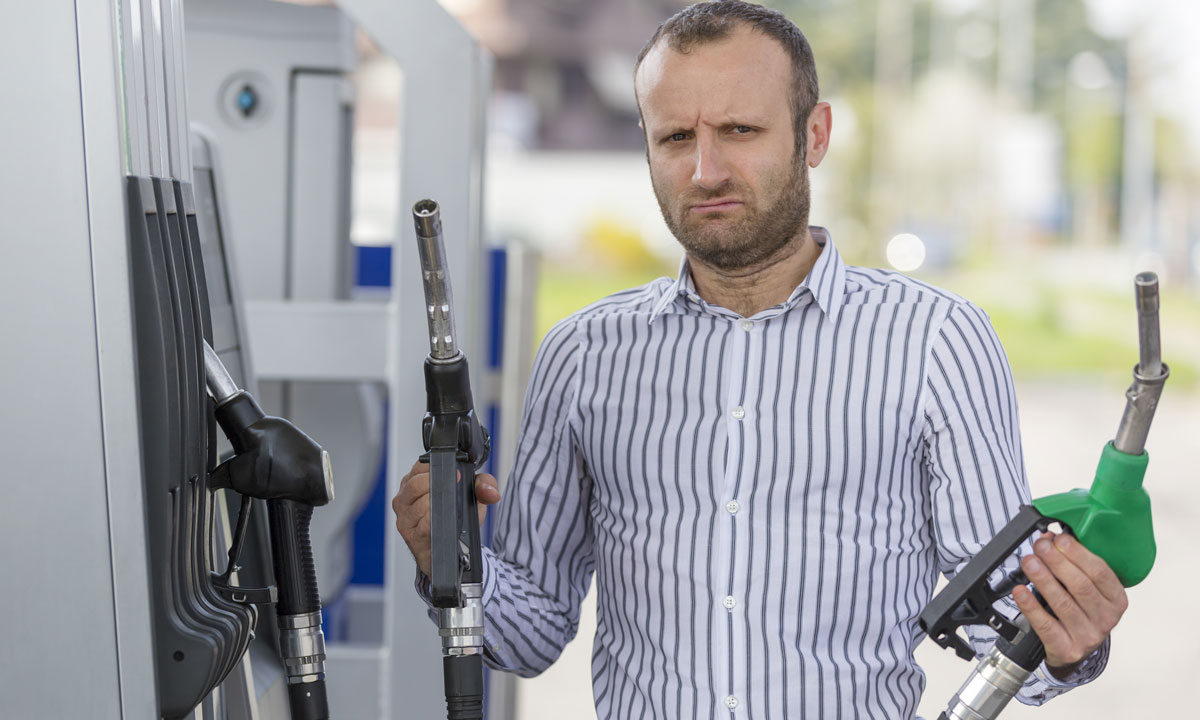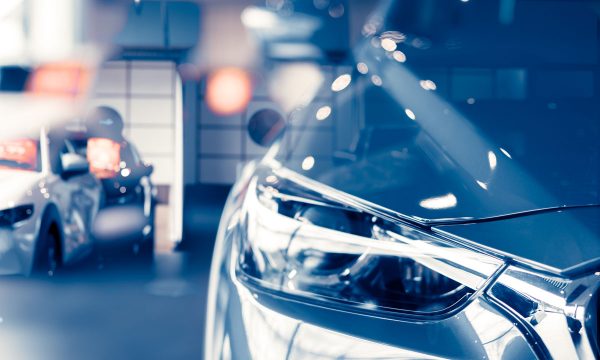
Despite their growing popularity, battery electric vehicles have historically lagged behind gas-powered vehicles in terms of owner satisfaction with economy and range, but high gas prices are reversing this trend, according to J.D. Power’s 2022 U.S. Automotive Performance, Execution and Layout (APEAL) Study. This year BEV owners reported similar satisfaction levels to last year, while ICE vehicle owners’ satisfaction fell significantly.
“The most important factor leading to the industry decline this year is owners’ perception of their vehicle’s fuel economy,” said David Amodeo, director of global automotive at J.D. Power. “The study was fielded as fuel prices were experiencing a meteoric rise, and that pinch at the pump is conveyed in lower vehicle satisfaction. Battery-electric vehicles have not been negatively affected by the increase in fuel costs but do have issues related to battery range and charging time.”
According to the study, some BEVs have still managed to gain enthusiasm from consumers. The recently launched Kia EV6 compact SUV and Mercedes-Benz EQS large premium car are two BEV models that rank highest in their respective segments. Most segment leaders in emotional appeal are still conventional gasoline-powered cars, trucks, vans and SUVs. The APEAL Study asks owners to consider 37 attributes, ranging from the sense of comfort they feel when climbing into the driver’s seat to the exhilaration they get when they step on the accelerator. Vehicle owners’ responses to queries about these attributes are aggregated to compute an overall APEAL Index score measured on a 1,000-point scale.
Following are key findings of the 2022 study:
- Mass market brands decrease in emotional appeal: The 19-point gap in score between premium and mass market brands in 2021 has widened to 31 points this year, as mass market brands decline 4 points and premium brands improve 8 points.
- Repeats for top mass market and premium brands: Dodge is the highest-ranked mass market brand in APEAL for a third consecutive year with a score of 882, identical to its score a year ago. Porsche, a perennial top-performing premium brand in APEAL, ranks highest among all brands with a score of 888, a six-point improvement from 2021. “While these brands are very different, both Dodge and Porsche owners identify strongly with their vehicles,” Amodeo said. “That certainly contributes to their stellar APEAL Study results.”
- Electrified vehicles are not as appealing as gas vehicles: Hybrid vehicles and plug-in hybrid vehicles (PHEVs) have lower composite APEAL Index scores than conventional gasoline-powered vehicles. The score for PHEVs is 835 and is 832 for hybrids. In comparison, the composite index score for gasoline-powered vehicles is 846.
- Tesla Motors officially included for the first time: Tesla Motors is included in the industry calculation for the first time, with a score of 887. However, because Tesla Motors does not allow J.D. Power access to owner information in the states where that permission is required by law, Tesla models remain ineligible for awards.









